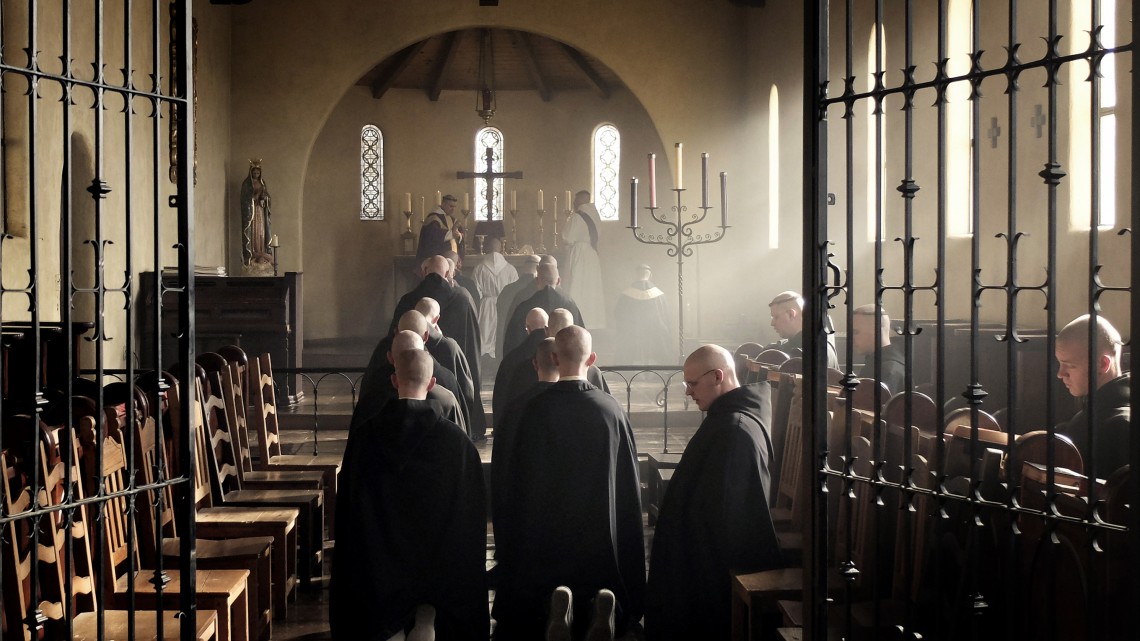When it comes to choosing a parish community, people have many different reasons for why the prefer one over another. In the Diocese of Raleigh, the Catholic Church does not force people to attend the parish in which they reside, and this liberty has many strengths and weaknesses. One danger of our contemporary system is that the choice of parish can become just another way in which we turn our personal preferences into an idol.
A significant danger that takes place when we constantly change parishes and social networks is that we do not give adequate time for our relationships to grow and flourish. Real growth in the spiritual life involves deep and meaningful friendships which help us to encounter and ultimately overcome our limitations, faults, and shortcomings. When we fly from our parish community at the first sign of conflict, we reset the clock and have to begin our relationships anew. If done with regularity, it may be the result of a person who is secretly hiding from having to face the messiness of true community.
As is often the case, this problem has been dealt with before. Part of St. Benedict’s reform in the 5th Century was that he saw this same spirit infecting and undermining monasticism. The wisdom of St. Benedict was to form a community that built in a vow to counteract the natural human tendency to avoid conflict and the messiness of human relationships. In this way, a monk does not simply commit to the abstract notion of “monasticism” or some lofty ideal, but rather the concrete expression of monastic life found in a particular community.
If we were to embrace this vision of Christian community, we would soon discover that Catholicism is always tied to local communities. Instead of seeking a “pure” Catholicism and desperately seeking to force our parish to meet our expectations, we would rather embrace a perspective that would learn to see the working of the Holy Spirit in even the most messy of parish communities.
This does not mean that seeking a new parish is never an option. Unlike the monks, we do not make a vow of stability, and one should not seek to impose a monastic spirituality on parish life. Instead, we should allow the ideal of stability to help us cultivate the spiritual freedom needed for proper discernment. Proper discernment does not involve us constantly seeking to satisfy our individual preferences, but rather it involves a process of self-forgetting in which we seek God’s will with complete surrender.
Today, let us consider our behavior in the light of the Benedictine ideal of stability. Let us ask deep questions about our behavior, questions that help reveal our true motivations.













There is so much to reflect upon in this statement alone: “…we turn our personal preferences into an idol.”
Deanna–a reflection from a convert: as a protestant I noticed that personal preferences often morphed into doctrine, and sometimes institutions were built around them. As a convert to Catholicism, I find it extraordinarily refreshing that the teaching function of the church protects us from a disordered emphasis on personal preference. Our faith, after all, draws us to the person of God, not to our own personal preferences. I am so happy to be a part of the Catholic church.
Amen Woody.